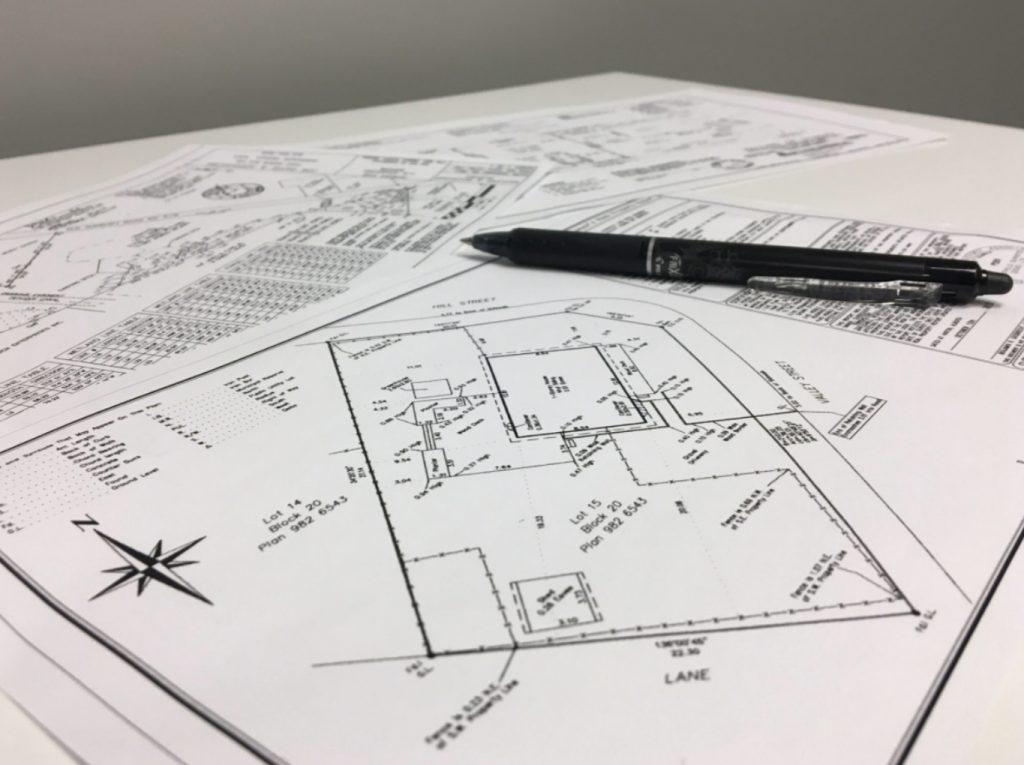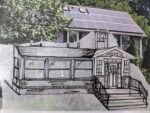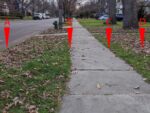BLOG

What every homeowner should know: Part 2
August 22, 2020 | Helen Torris
Zoning permits, variances and grandfathering rights.
A zoning permit is required for any homeowner wishing to erect a fence (up to 6ft in height), shed (100 sq ft or smaller), driveway or parking area at their home, unless the work is being done as part of a building permit. For fences higher than 6ft or sheds larger than 100 sq ft, you must have a building permit.
Grandfather rights apply to any existing structure or accessory building, whether or not it meets the set back and bulk guidelines discussed in part 1 last week. The grandfather rights last for as long as the structure exists, so you cannot tear something down and then rebuild in the same spot. In order to maintain grandfather rights, you must leave at least 2 walls of the structure intact. If, for example, you have a garage along your side boundary that needs to be replaced, you cannot demolish it and rebuild it in the same spot. What you can do, is to repair the garage one wall at a time and maintain the grandfather rights.
If you want to build an addition or accessory structure that falls outside of the setbacks, you will need to apply to the Zoning Board of Adjustment for a variance. This is not a particularly difficult or costly exercise, but can be lengthy and there are a lot of hoops to jump through. There are also no guidelines for the zoning board to follow, so being granted permission for your plans is purely dependent on the mood of the board at the time. They are all Montclair residents who have an interest in the town and most work full time jobs, so by the time they come to your application at an evening board meeting, they may well be tired! But I do believe that as long as you are not asking for anything crazy, and you have reasonable arguments for what you need, you may well be granted permission. A word of advice though, if it looks like things are not going your way, you will have the option to withdraw your application before they take a vote and revise your plans. If you do not withdraw, and the answer is a no, you will not be able to re-apply for the same variance - whether you change your plans or not.
In Part 3, I will be taking a look at how additions and permits may affect your taxes.










